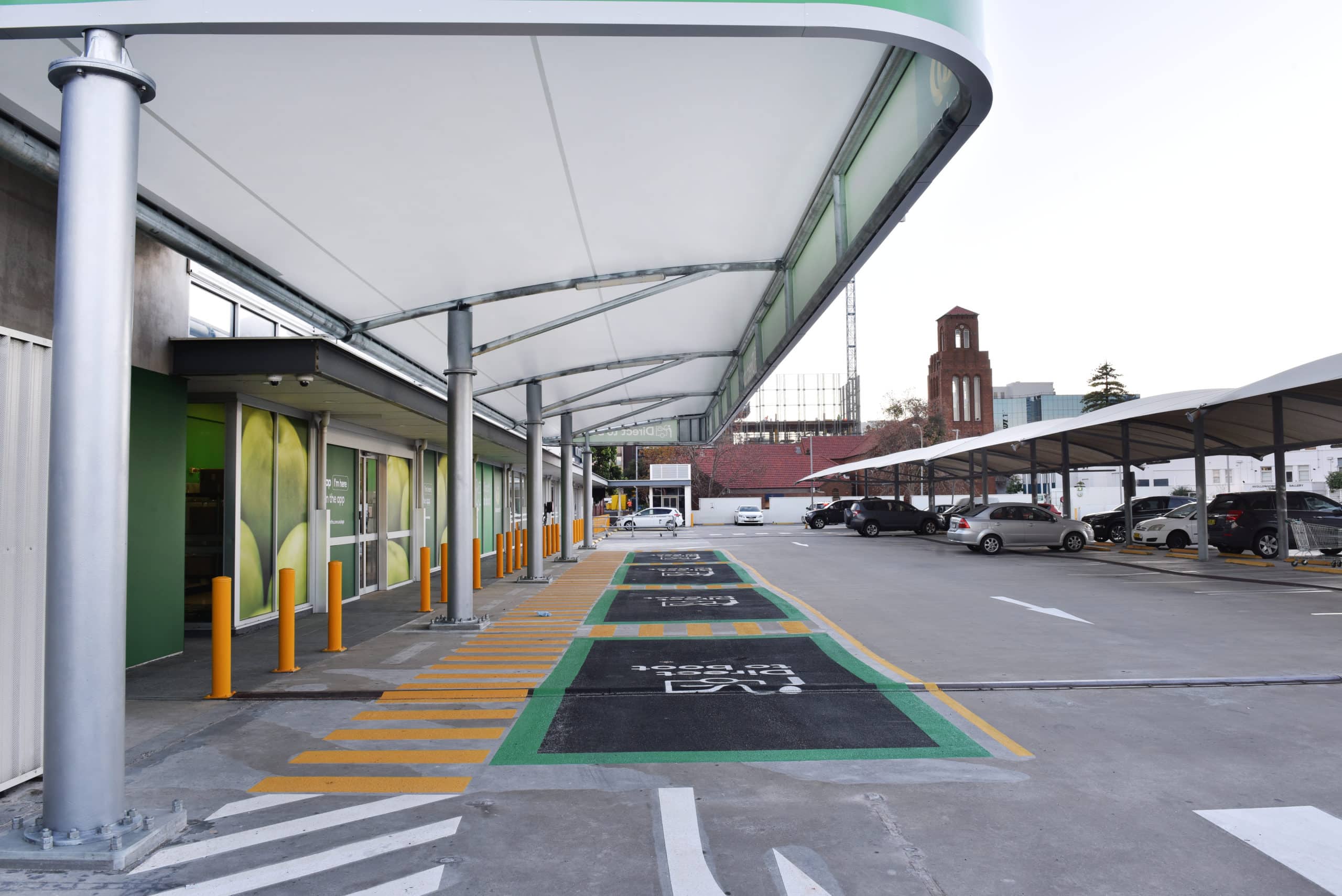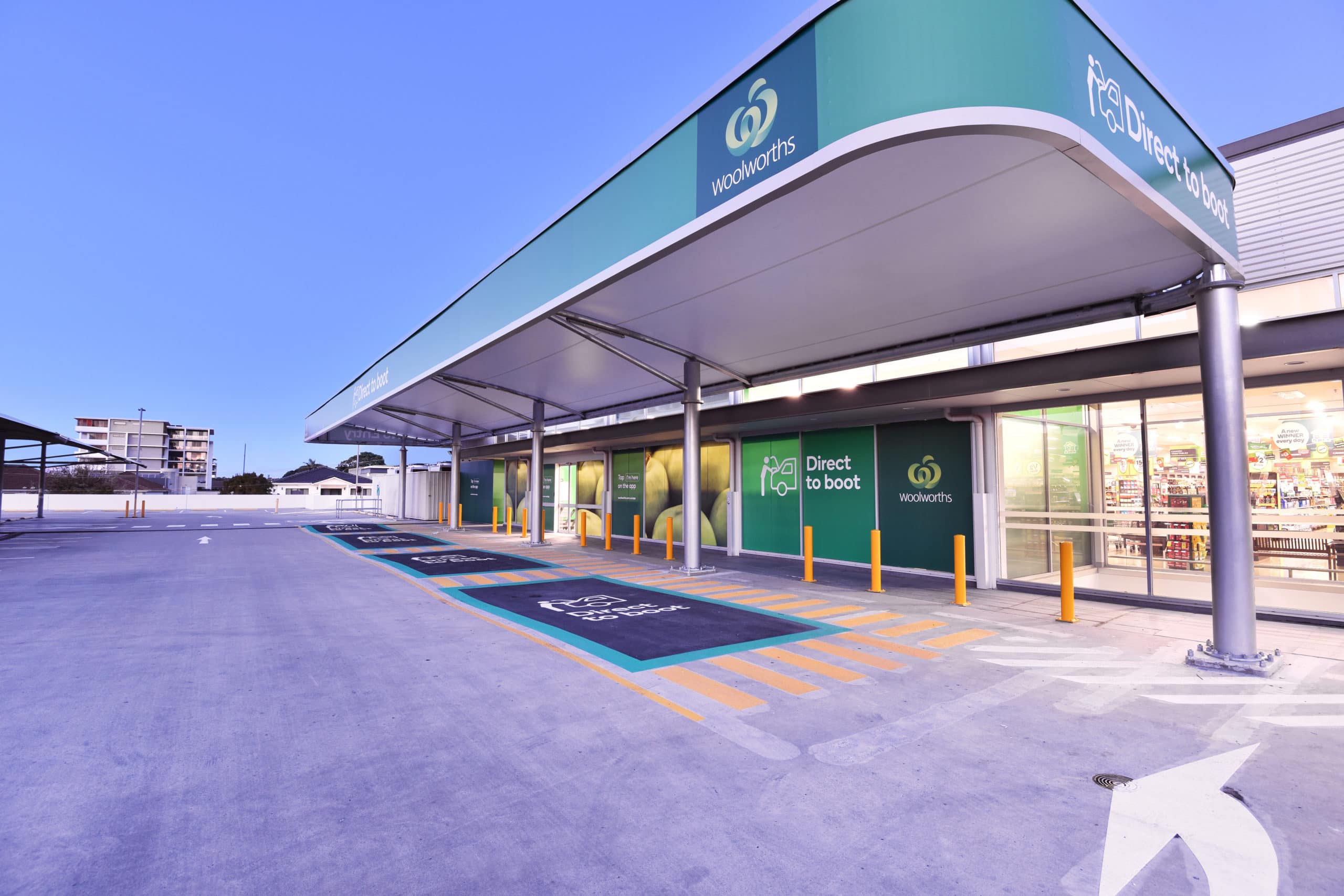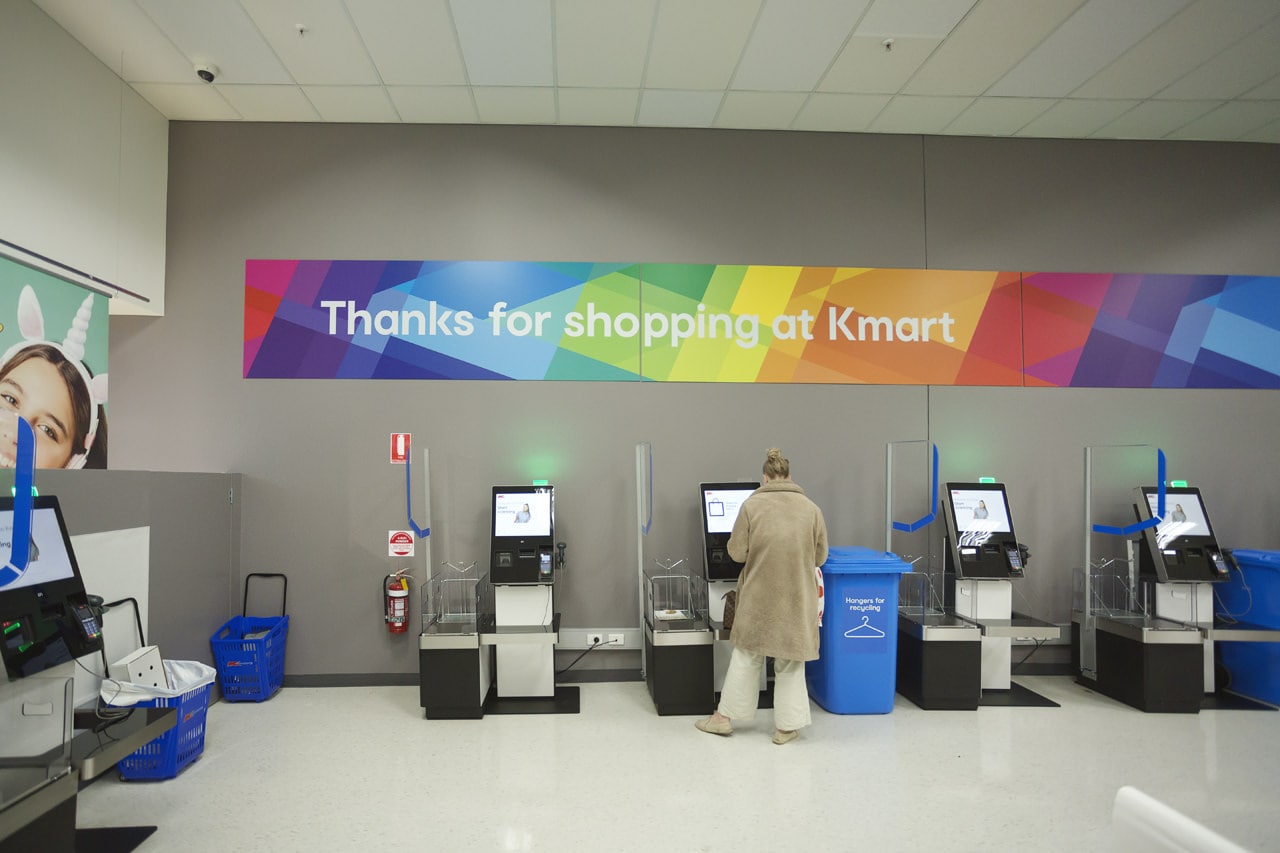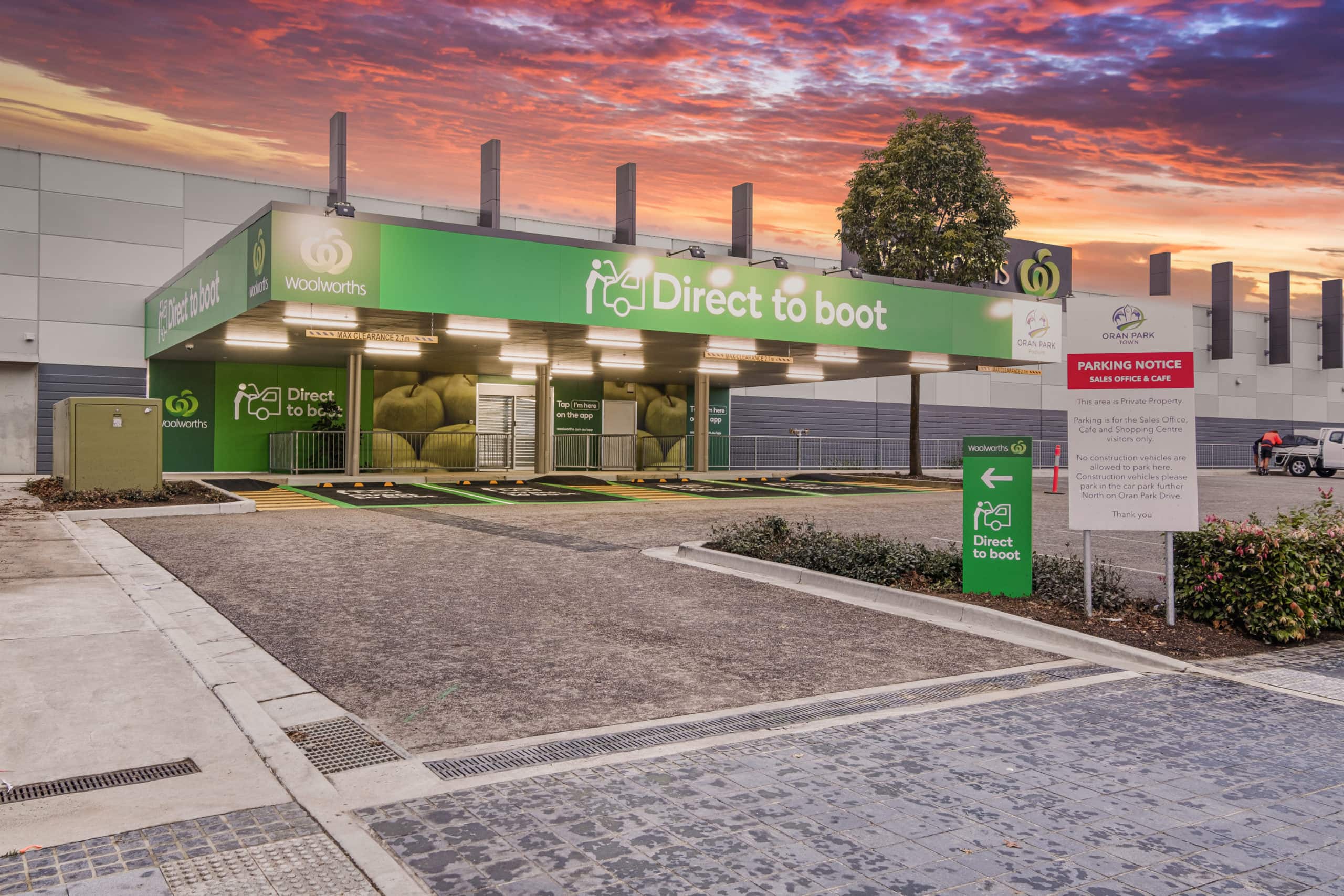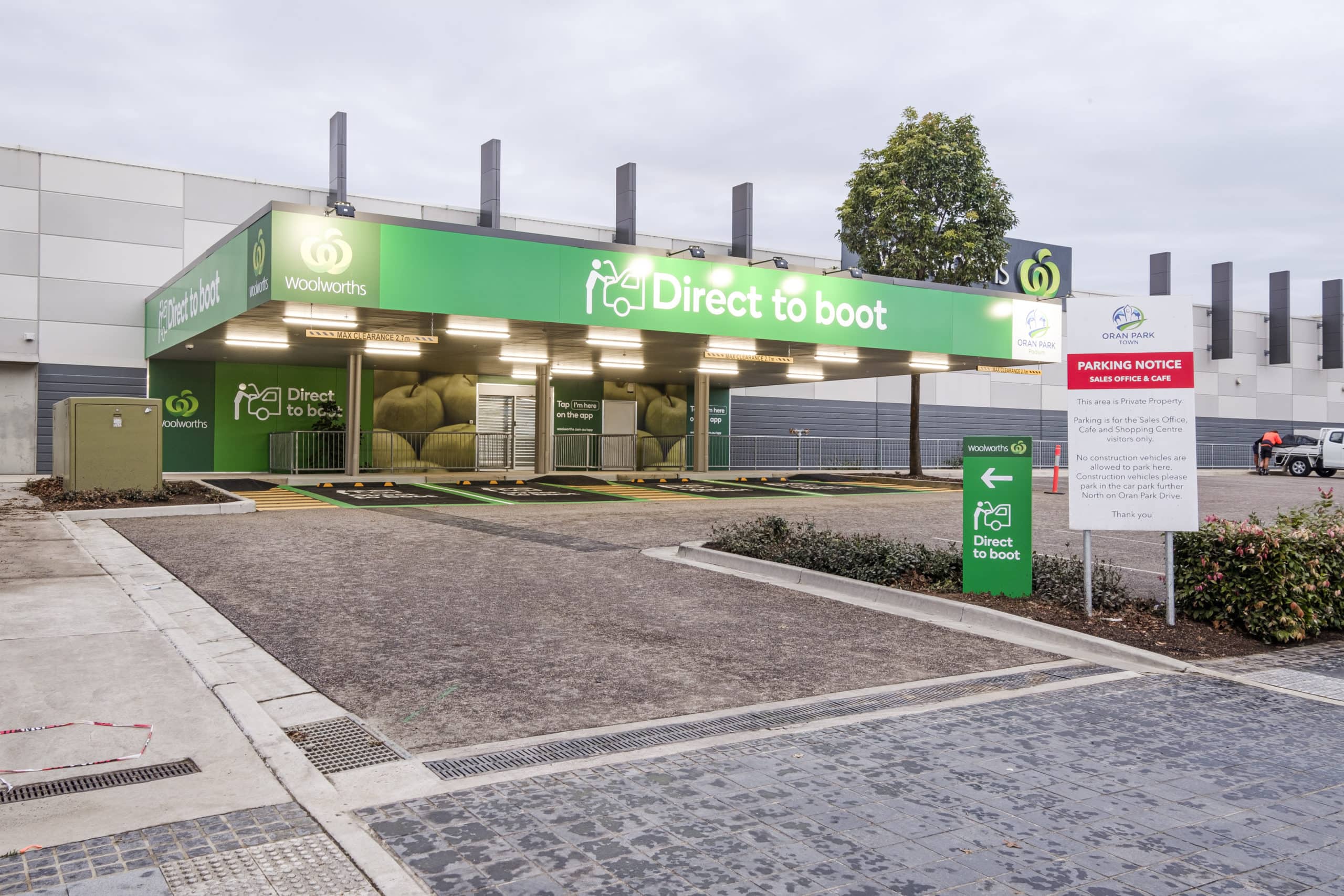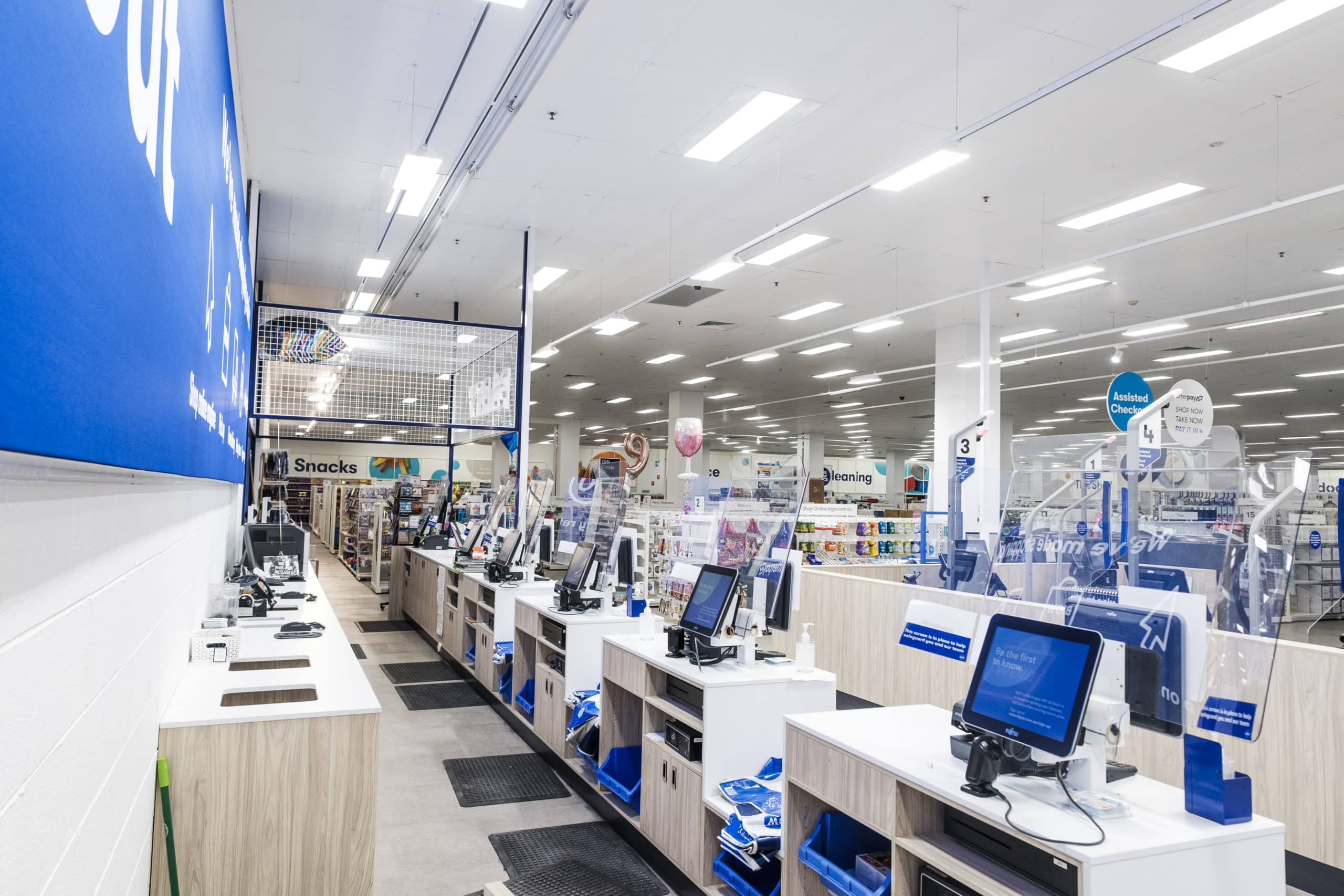And how they are shaping a new evolution in the construction industry
There is no doubt that the pandemic has turned the construction industry on its head and became the catalyst for several challenges that have reshaped the way we work. From remote working and forced site closures to labour and material shortages, we’ve had to learn to ride the wave and do things differently.
Through it all, the team at Streetbuild has taken it all in their stride to continue to build upon its resilient culture and innate ability to seek solutions to even the toughest, unforeseeable challenges.
Now, well into 2022, the team at Streetbuild is assessing some of the key learnings that have come out of this phase in our history to help us look ahead and predict the key trends that will shape the future of the construction industry in the years to come.
- Adaptability is important for innovation
With forced office closures, teams moved to remote working overnight, with little warning or preparation. The sudden change brought with it difficulties associated with managing teams remotely, meeting clients and continuing business as usual operations. However, it also brought safety, flexibility and enabled teams an opportunity to be resourceful and explore a new way of conducting business. The Streetbuild team adapted quickly to the new way of working which allowed us to maintain consistency in our work and uncover innovations that we otherwise may have never explored.
While remote working was first viewed as a means to an end, it is now very much here to stay. Streetbuild State Manager – NSW, Carlos Pintos agrees and highlights that this new way of working now also presents a unique opportunity within the construction industry.
“I believe that working remotely will continue throughout the business sector even after the pandemic morphs into an endemic. As a result of the reduced need for office spaces, I believe the opportunity to repurpose existing buildings will rise drastically. This will involve thinking outside the box to achieve the best outcome for the client.”
Carlos Pintos
- Embrace technology to unlock greater efficiencies
With remote working came the rise of video conferencing technologies which didn’t just allow us to continue operations, but equally if not more importantly, discover efficiencies, from client meetings to virtual site inspections.
With technology advancing rapidly, there are many other opportunities to increase productivity, safety and overall operations. Drone technology, augmented reality, 3D printing – the list goes on.
These tools all aim to provide rich information and data sources and increase the useability of spaces for clients and their customers.
According to Streetbuild State Manager – NSW, Carlos Pintos increases in software development will drive many efficiencies across the construction industry.
“The industry has lacked modernisation for many years and has not kept pace with other industries. I think this will change in the next few years.”
Carlos Pintos
Technology will change the construction industry as we know it and must be embraced, otherwise there is a risk of being left behind.
- Adversity builds resilience
In the space of just a few months, the construction industry had to tackle many challenges. Teams found ways to shift and adapt to remote working. Leadership teams navigated their way through constantly changing rules and regulations handed down from state governments. And to top it all off, Project Managers dealt with labour and material shortages while avoiding delays to their projects.
Through it all, we were reminded of a lesson that we have learnt time and time again. Adversity builds resilience and helps us to grow as a team. As Streetbuild Managing Director, Tim Gagen says,
“Every challenge tests us and pushes us outside of our comfort zone, and that is where we find our greatest growth. While it is extremely uncomfortable to live through challenging times, they also bring with them new perspectives, new ideas and when we look back, we are often surprised at just how much we can handle.”
Tim Gagen






